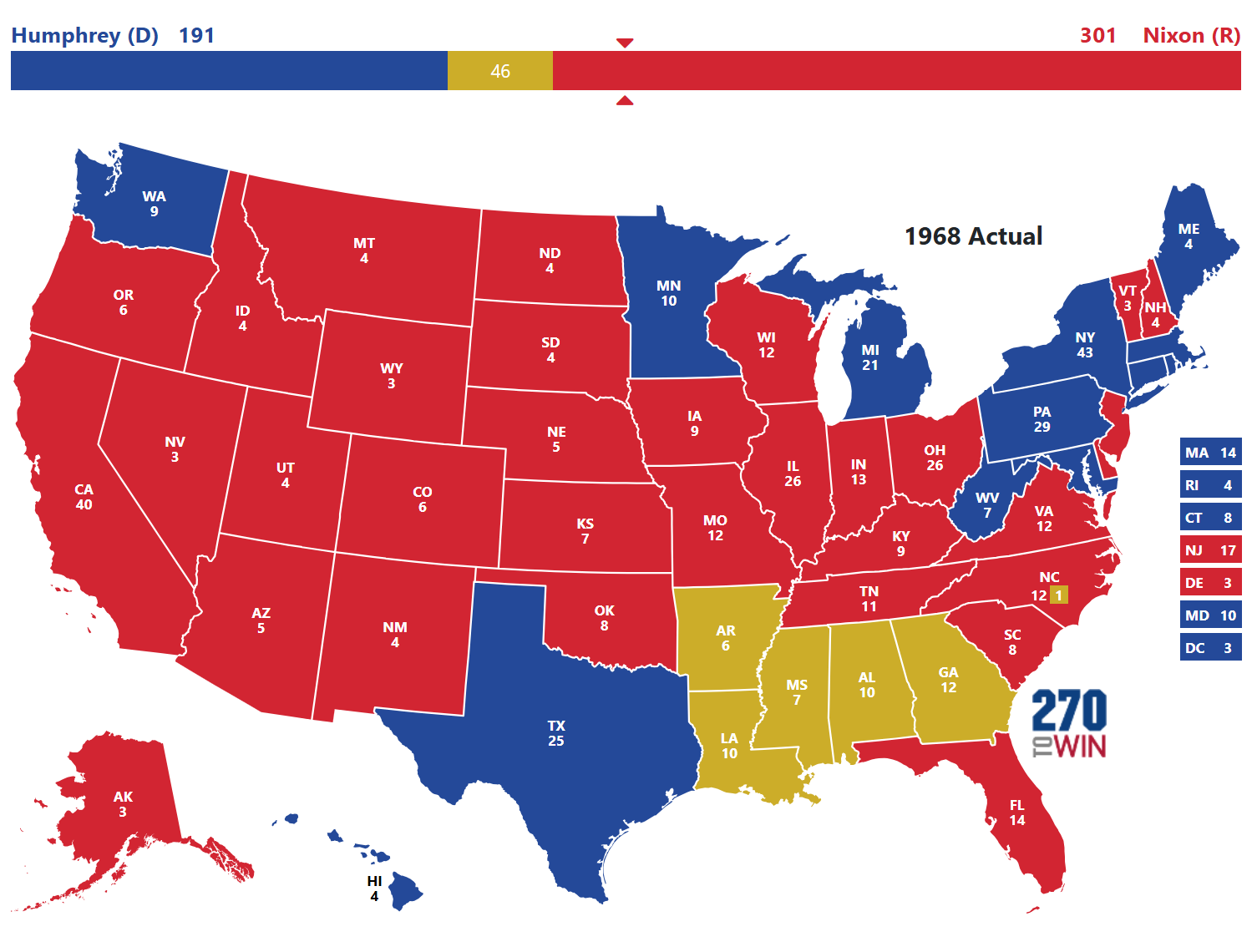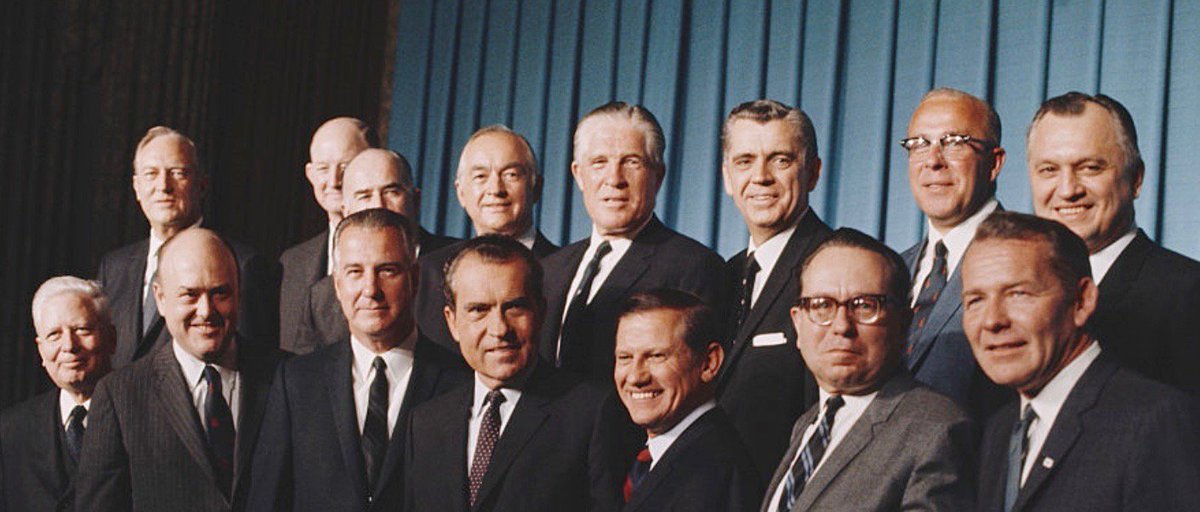WRONG!!!!!!!!!!!!!!!!!!!!!!!!!!!!!!!!!!!!!!!!!!!!!!!!!!!!!!!!!!!!
- The Bay of Pigs Invasion and its Aftermath, April 1961–October 1962
- The Cuban Missile Crisis, October 1962
- Alliance for Progress and Peace Corps, 1961–1969
- The Limited Test Ban Treaty, 1963
- USSR deposes Khrushchev
- U.S. Involvement in the Vietnam War: the Gulf of Tonkin and Escalation, 1964
- The India-Pakistan War of 1965
- The 1967 Arab-Israeli War
- U.S. Involvement in the Vietnam War: The Tet Offensive, 1968
- Soviet Invasion of Czechoslovakia, 1968
- The Nuclear Non-Proliferation Treaty (NPT), 1968
- The Allende Years and the Pinochet Coup, 1969–1973
- Détente and Arms Control, 1969–1979
- The South Asia Crisis and the Founding of Bangladesh, 1971
- Nixon and the End of the Bretton Woods System, 1971–1973
- Strategic Arms Limitations Talks/Treaty (SALT) I and II
- Rapprochement with China, 1972
- The 1973 Arab-Israeli War
- Oil Embargo, 1973–1974
- Ending the Vietnam War, 1969–1973
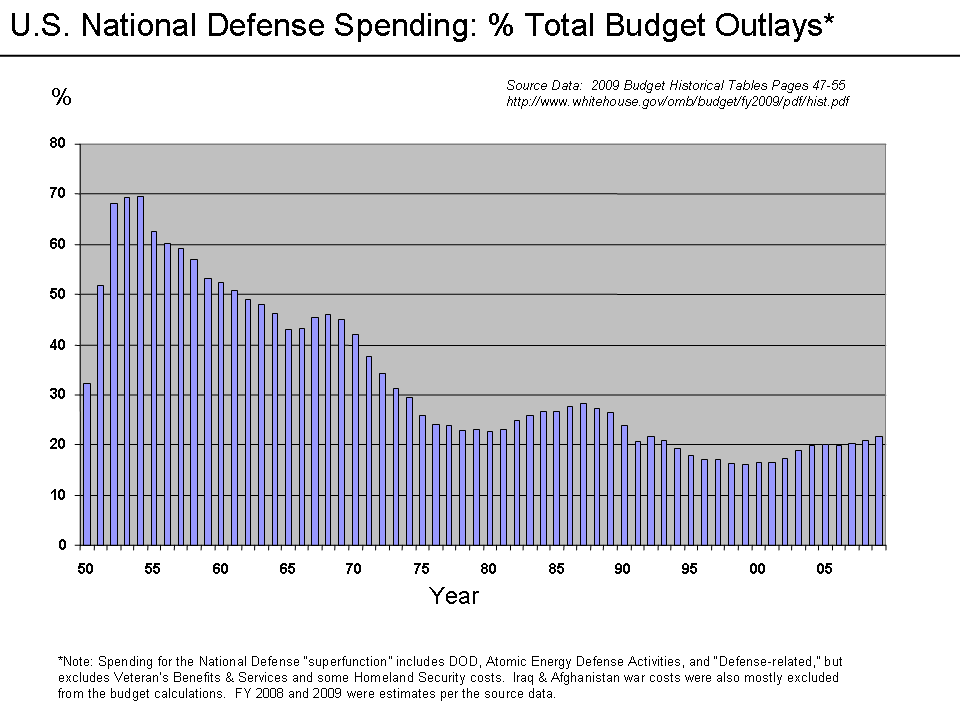
Nixon and Foreign Policy
In Foreign Affairs (Schoen 67; reread Matthews 256-257), Nixon deliberately sends a signal to Beijing:
Taking the long view, we simply cannot afford to leave China forever outside the family of nations, there to nurture its fantasies, cherish its hates and threaten its neighbors. There is no place on this small planet for a billion of its potentially most able people to live in angry isolation. But we could go disastrously wrong if, in pursuing this long- range goal, we failed in the short range to read the lessons of history.Nixon (From In The Arena):
- "In competing with Moscow, we will at times find it necessary to cooperate with allies and friends who do not live up to our democratic standards."
- "Geopolitically, we should base our policies toward a country primarily on what its government does outside, not inside its borders."
- 1923: Born in Furth, Germany
- 1938: Family flees the Holocaust, settles in New York
- 1940-43: Attends City College
- 1943-47: Serves in US Army in the Battle of the Bulge and postwar Germany
- 1947-50: Harvard undergraduate
- 1950-54: Harvard Ph.D. study. Kissinger's A World Restored -- a published version of his Harvard dissertation -- lays out his philosophy. Kissinger dedicates it to Professor William Y. Elliott, father of CMC professor Ward Elliott and Pomona professor David Elliott.
- 1954-1968: Harvard Gov Dept
- 1969 -- gains power in National Security Decision Memorandum 2 (Hoff 160)
- National Security Study Memoranda (Hoff 161) -- click here to read them.
Richard Nixon remembers the Pentagon Papers from UVA's Miller Center on Vimeo.


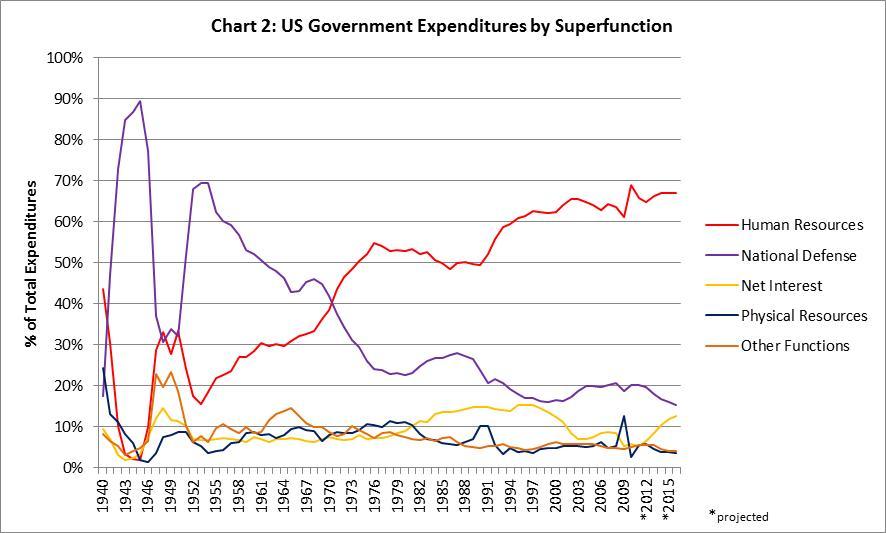
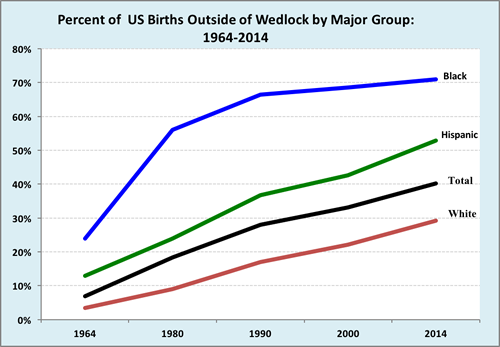


:no_upscale()/cdn.vox-cdn.com/uploads/chorus_asset/file/10345345/chart2.png)
